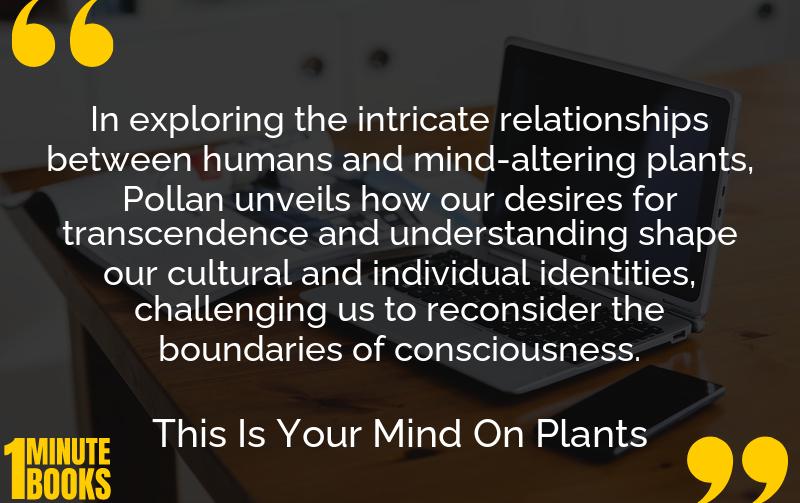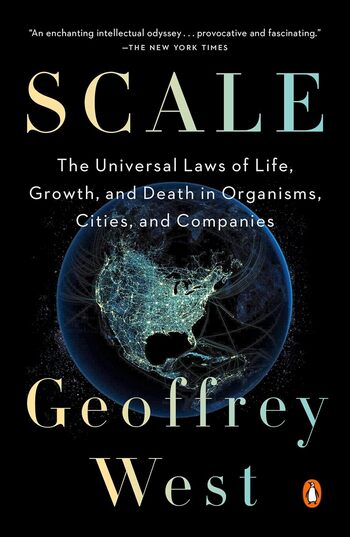
Michael Pollan explores the historical and cultural impact of opium, caffeine, and mescaline on human consciousness, highlighting both their benefits and dangers.
Main Lessons
- Plants have significantly influenced human consciousness throughout history.
- Opium has been both a valuable medicine for pain relief and a cause of addiction and the opioid crisis.
- Caffeine, found in coffee and tea, enhances mental alertness and mood while disrupting sleep patterns.
- Coffee played a pivotal role in the Enlightenment and the rise of capitalism by fostering intellectual discourse.
- Caffeine can have both positive and negative health impacts, depending on consumption levels.
- Mescaline alters perception by flooding the brain with sensory information, used in sacred ceremonies by indigenous peoples.
- Peyote and other mescaline-containing cacti have spiritual and cultural significance for indigenous communities.
- The peyote religion, a sedate alternative to the Ghost Dance, has survived due to its discreet ceremonial practices.
- Humanity’s relationship with psychoactive plants is complex, shaping our history and cultural practices.
- Substances such as opium and caffeine demonstrate the dual nature of plants as both beneficial and potential hazards.








